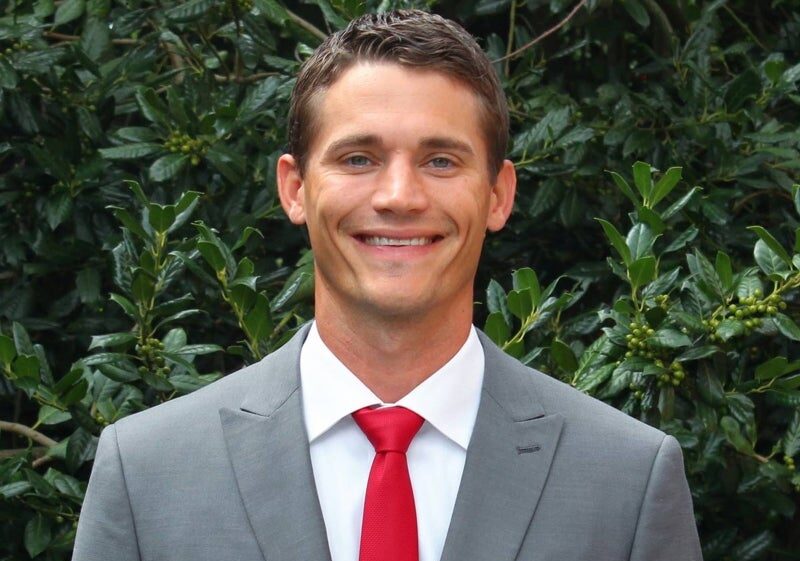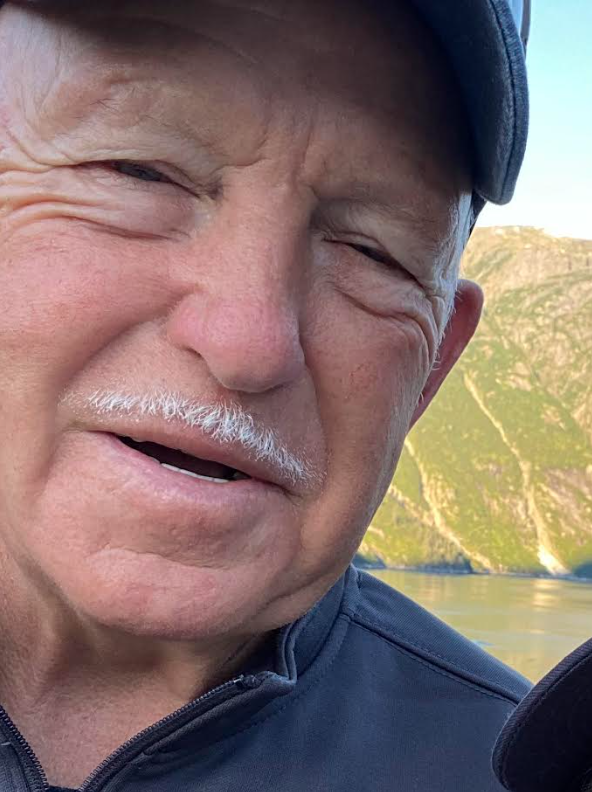FFA Week: PCHS program provided Kerr with foundation for career
Published 12:06 pm Wednesday, February 21, 2024

- Kamron Kerr
|
Getting your Trinity Audio player ready...
|
Editor’s Note: The following was originally published at polkstudents.com. It was written by a past participant in the Future Farmers of America club at Polk County High School, showcasing the skills they learned and the club’s benefits.
What do you think when you hear someone say FFA? Tractors, animals, working outside, country folk, farming? There would be some small truth to these thoughts, but FFA is much bigger.
When I think of the FFA, the first word that comes to my mind is opportunity. I plan to share my first-hand experience on how the FFA program impacted my life and set me on a path that I am currently following.
A little background – I have been around agriculture since I was a kid, raising cattle and pigs. I played many sports and was part of the FFA program all four years in high school. Being a part of the FFA program, I realized that I really enjoyed agriculture and there existed an opportunity for me to get an education and work in an industry that I enjoyed.
With the guidance of Chauncey Barber and my family, I enrolled at Clemson University, where I went in as an agriculture undeclared student. After the first year, I was drawn to the Agriculture Mechanization and Business major. There was a 99 percent job placement rating after college and it encompassed a very broad range of teaching.
Three days after walking at graduation I would start my first “real” job at Carolina Farm Credit, 20 minutes from my home, as an Agri-Consumer Loan Officer. I was there for five years and moved to my current career as an agent and now manager at the Polk County Farm Bureau insurance office.
When I was growing up around agriculture I saw it as just a hobby. In our area, we see most agriculture as “hobby farms” that people have because they enjoy raising animals or growing vegetables. But, in reality, agriculture is so much more than a hobby. In North Carolina alone, agriculture has an economic contribution of $92 billion and accounts for 17 percent of all jobs, which is the top contributor in the value-added sector. These jobs range from diesel mechanics, aviation, teachers, loan officers, technicians, manufacturing, sales, stock brokers, insurance – the list goes on.
The FFA program taught me about public speaking, economics, teamwork, responsibility and how to put a pen to paper and budget a small agriculture business—a skill that I use to this day. You learn inside the classroom, and then get to go outside or in the shop and actually put what you learned into practice in real-world applications. Applications that are real, that require you to problem-solve on the fly. FFA will develop you into a more well-rounded individual. Even if you do not choose to study or work in a field that relates to any of the FFA programs, you will gain experience and knowledge that will translate to any other industry.
I am an insurance agent and manager, and I can tell you now that the knowledge that I received from the Polk FFA program is knowledge I use in my current job. I had a client in my office the other day and we were speaking about bottle-feeding goats and cows, an experience I had from an Animal Science class when in high school. I have related with clients about growing plants and driving tractors. I am able to carry on conversations and relate to a group of clients that most insurance agents can’t because they didn’t have the same experience I had with agriculture.
I tell young adults all the time to try something new, get out of your comfort zone. You will not know if you enjoy something unless you give it a try. I do my best to go back to Polk every year to talk to FFA-related classes about my experience and the opportunities that each one of them has going forward. I do this because it’s important to me that the students hear it first-hand from someone who has come from the program and how I benefited from the experience.
The FFA program presents many opportunities to grow as a person, and it can open doors that you never thought were possible, as it did for me. When looking back at all my experiences in high school I can easily say that the FFA program had the largest impact on my life and where I am today.





